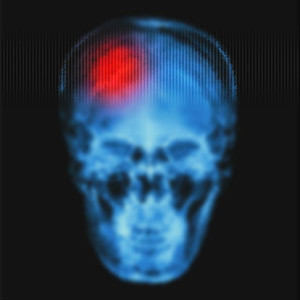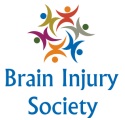
Children are society’s most vulnerable population, so stories of a baby or toddler being injured naturally trigger strong emotions. When a child suffers a brain injury, those emotions often go into overdrive because, unlike other types of injuries, those impacting the brain can lead to developmental impairment, lifelong challenges, and even death.
Sadly, brain injuries among young children are not entirely uncommon. In fact, according to the Center for Disease Control and Prevention (CDC), between 2001 and 2010, children aged 0-4 had the highest rates of brain injury resulting in a hospital emergency room visit. So, what is being done to prevent and mitigate brain injuries in very young children?
Brain Injury Prevention
The goal, of course, is to prevent brain injuries. Common sense safety measures, such as requiring the use of helmets when riding bicycles and always ensuring young children are properly secured into a car seat when riding in vehicles go a long way in protecting them from injury.
Brain injuries can also occur in newborns as a result of being born prematurely, rather than due to external factors. Researchers have been searching for ways to prevent such injuries in preemies, and the most recent research, conducted in Switzerland, shows that the hormone erythropoietin (EPO) can reduce the risk of brain injuries in premature newborns. Details about the study, which was reported on www.bbc.com, were originally published on the Journal of the American Medical Association (JAMA) website.
According to the results of the research, which involved 495 infants between 2005 and 2012, EPO, “was associated with a reduced risk of brain injury on MRI” when premature babies were given high doses of the hormone within 42 hours of birth. Co-researcher of the study, Dr. Russia Ha-Vinh Leuchter, was quoted in the BBC article as saying “This is the first time that the beneficial effect of the EPO hormone on the brains of premature babies has been shown.” It certainly is hopeful news for parents and families of infants that are born prematurely.
Post-brain Injury Intervention
Most head injuries affect the brain’s frontal region, and therefore, it’s the higher learning skills, including reasoning, organization and planning that are often most dramatically impacted as a result of brain injuries. In order to combat the lifelong effects of traumatic brain injuries on still-developing brains, doctors must first assess the level of injury as soon as possible after the incident. The most commonly known system of classification is the Glasgow Coma Scale (GCS), which is a neurological scale used to assess a person’s eye, verbal and motor responses. Theoretically, the higher a person scores, the better chance he or she has of recovering from the brain injury.
Since infants and young children have a difficult time understanding and following instructions normally, the GCS may not work as well as it would in older children and adults. Instead, thorough internal and external examinations are done that may include blood tests and a variety of radiologic studies (CT scans, MRIs, ultrasonography).
Depending on the severity of the injury and symptoms (seizures, bleeding, intracranial pressure), a child may require surgery. These types of surgery include surgical decompression and decompressive craniotomy with duraplasty, among other procedures. In addition, young children may be prescribed pharmaceuticals, including nondepolarizing neuromuscular blockers and anticonvulsants in order to alleviate the symptoms.
Brain injuries can result in debilitating and devastating consequences, including impaired development, surgery, and a lifelong reliance on prescription drugs. However, by helping children take steps to avoid such injuries, they can instead lead long, happy, productive lives.
